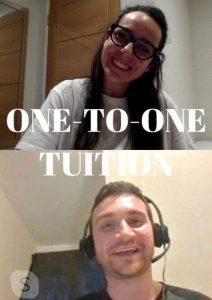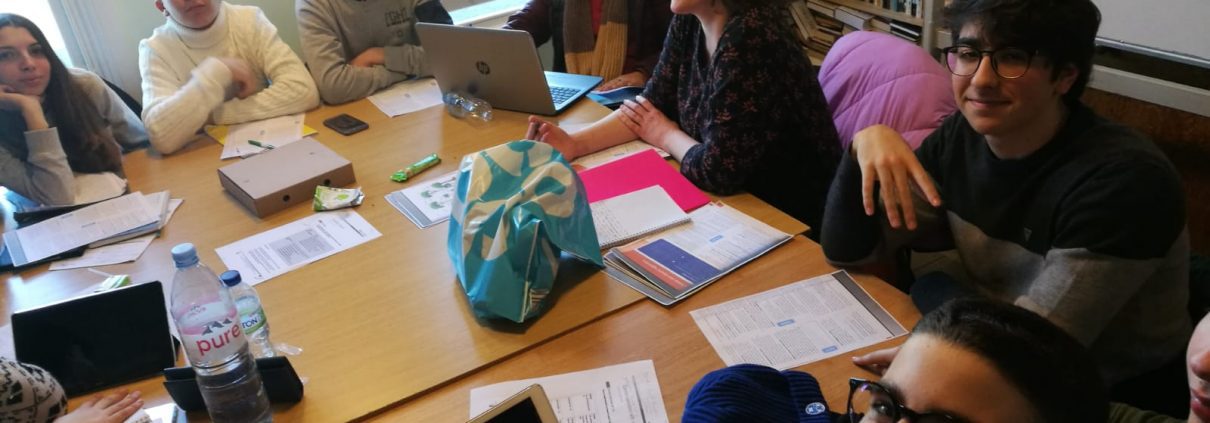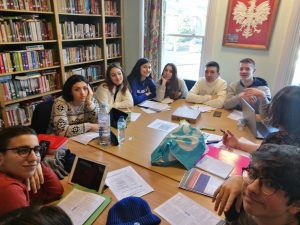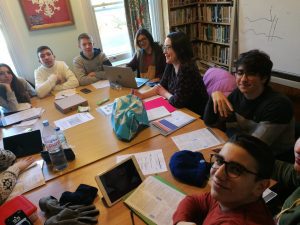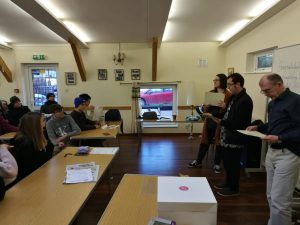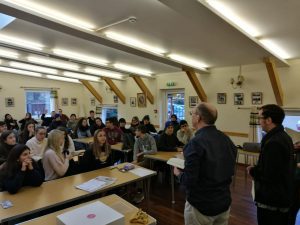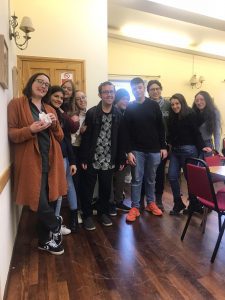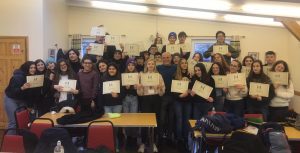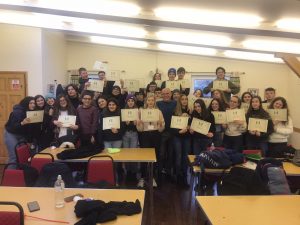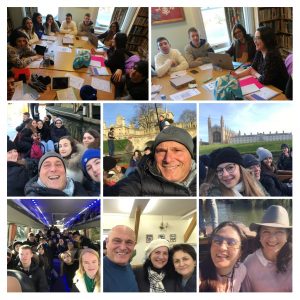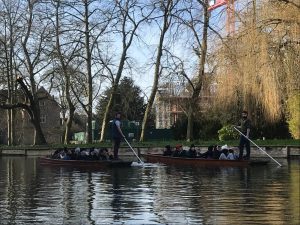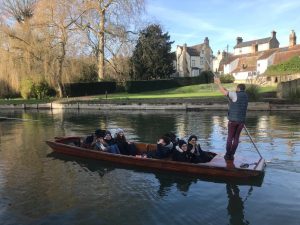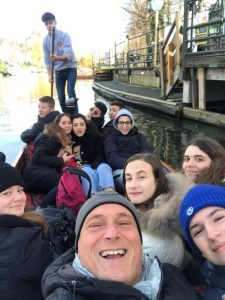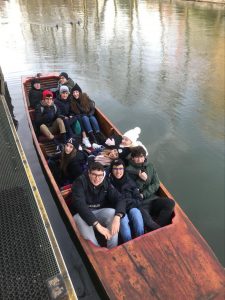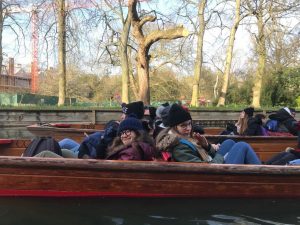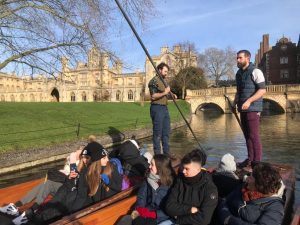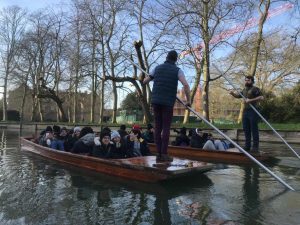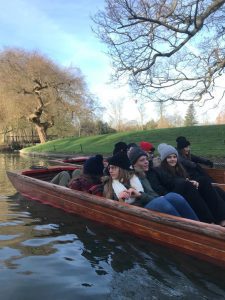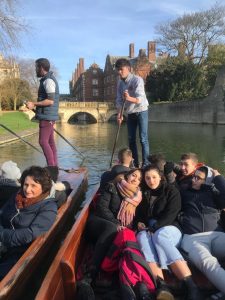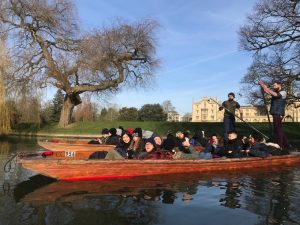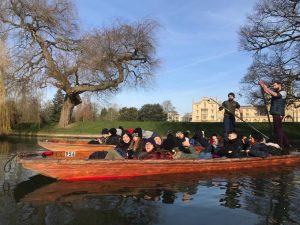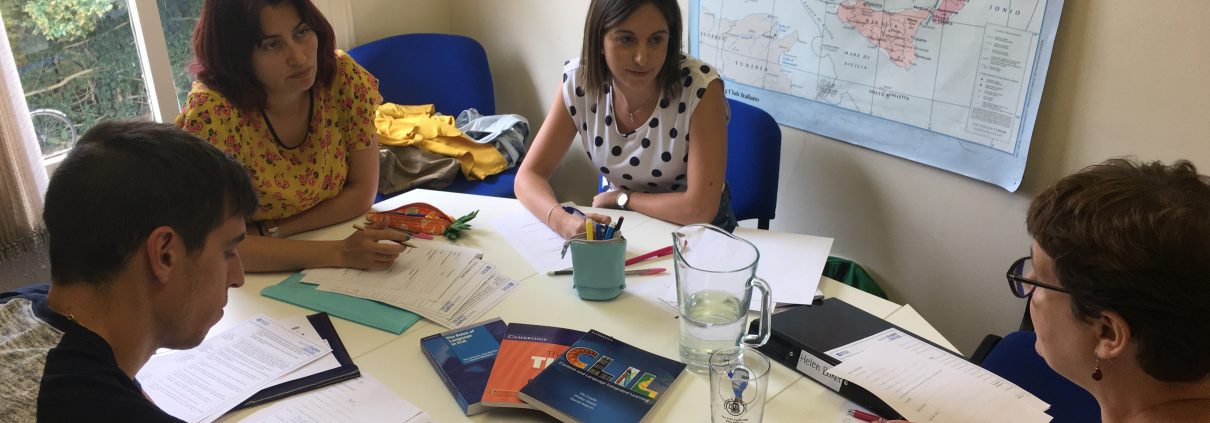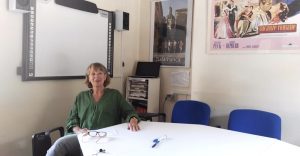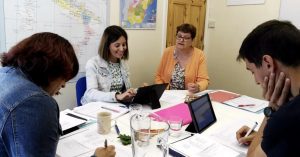LEARNING LANGUAGES ONLINE DURING LOCKDOWN
Why study a new language now is a good idea
My experience abroad began a few years ago. From Italy I moved to the Uk in 2013. After the first year in London, I found new opportunities in Cambridge. Despite the difficulties that a completely new life in a different country from your own has entailed, now, I can tell that the latest have been years of great enrichment. One of the biggest frustrations on arriving in Britain, of course, involved the language. For a sociable Neapolitan “communicator” and journalist who loves the Italian language like me, I can assure you that not being able to express myself with the surrounding world was a terrible feeling. The language we use, completely permeates our life, our interactions, as well as our way of seeing things and our freedom. Without this fundamental tool you feel lost. Now, after many courses, some exams, a Master’s degree at the Anglia Ruskin University in Cambridge, and some work experiences in the UK, I can say that I am totally grateful for the path I have taken which forced me to master my second language. The motivation to learn is important of course. Given my low level of love for the new language at the time, it came to my rescue the fact that, to some extent, I find myself forced to learn and practice English by the kind of life I had chosen: a new working and personal life in England. After all, I had always wanted to be able to use English, the most widespread language in the world, the ‘wildcard’ language, as I have always defined it. It happened during a trip to Norway, entering a little shop in Bergen, I missed a pair of earrings that I wanted to buy, but which, due to my insecurity in the language, was secured by another tourist, or when I found myself for work in New York, and I could not exchanged more than a couple of sentences with some people in a pub. The same happened when a group of American tourists tried to interact with me in Italy, on the island of Procida where I was during my summer holidays. It was embarrassing. Of course, knowing English makes you feel like a citizen of the world, a confident human being able cto ommunicate with anyone. The potential of a language that is so useful and influential even in the professional field, can seriously make you feel capable of crossing doors almost anywhere. English is the most widely spoken language in the world, used by more than a quarter of the world population.
And therefore, I went from being too insecure even to order a coffee in any London bar, to working in a language school, as well as a European cultural center. At La Dante in Cambridge, where I have been working for a few years, I have certainly perfected my haltingly English, through phone calls, emails, marketing campaigns, presentations, social and cultural events and even radio broadcasts (the bilingual broadcasts of Radio Dante).
La Dante in Cambridge, which is one of the foreign branches of the Dante Alighieri Society, the Italian cultural institution that aims to protect and spread the Italian language and culture in the world, has allowed me to continue to have the fundamental bond with my country and its culture I needed, and at the same time to come into contact with cultures different from mine in an environment made up of people who love languages. ‘A different language is a different vision of life’, said the Italian film director Federico Fellini. It is definitely true. Language learning, in addition to the pleasure and opportunities it provides, is also known to be linked to a better mental health: it prevents cognitive decline by reducing the risk of Alzheimer’s or dementia, for example. This is because people who speak at least two languages develop their temporal lobes, which allow for the formation of new memories. This increases the number of neurons that make up our brain. In addition, people who speak more than one language become better at ‘problem solving’, at better analyzing their environment and at carrying out more activities simultaneously (multitasking). These are undoubtedly some of the benefits that bilingual or multilingual people can enjoy. Neuroplasticity, that is the ability of the nervous system to modify itself to form nerve connections, is greater in children, but the brains of adults can also be shaped and improved. So it’s really never too late to challenge yourself and have a super brain! You think that most of the students of Italian at La Dante in Cambridge are really ‘very adults’, mostly retirees or academic professors. They are passionate, good at always making new progress, and are more than awake and active.
I personally got a taste for it too and, since this new era of smart working and lockdown began, I took advantage and started studying Spanish with online courses, always with mother tongue teachers from La Dante in Cambridge. Nothing more pleasant. Even after a busy day of work, nothing is more comfortable than staying in the warmth of your own home, without having to travel in the cold or for a long ride by car, etc. I take a seat in my living room for a couple of hours with classmates of all nationalities (in my class at the moment there are two Turks, one Russian and one English for example) and my very nice Spanish teacher. Leisure, together with the feeling of using your time productively in something that contributes to your personal and cultural growth, do the rest. Obviously I am looking forward to going to Spain to communicate with the locals in the local language, but for now, safe from viruses, I have been preparing myself for that moment.
I conclude with a quote from Francois Vaucluse who said: ‘Forgive them who speak only one language: they do not know what they do’. My wish for this new year to you is therefore to commit yourselves to learning a new language or to practice and deepen a second or third language that you already know or that you had started learning at school.
INFORMATION ON ONLINE COURSES
E-learning is as much, if not more effective than in-person lessons. The language courses of La Dante in Cambridge take place on Zoom with the help of Google Classroom and the use of the new online school platform, PLATEO, where all students can easily interact with each other and with teachers. Furthermore, with this new platform, all users, in addition to teachers, can easily share documents, videos, language tests and many other files to improve the learning experience and push all skills to the best.
Since La Dante is a European Cultural Center, together with language courses, it also offers all its students many cultural events and extra activities, completely free to offer an experience as immersive as possible (conversation classes, cooking classes, aperitifs online, film club). The teachers, of English, Spanish or Italian, are all qualified native speakers who use an effective communication approach that encourages the students to speak in the language of study as much as possible.
Courses can be individual or group. The collective classes are formed by a few people in order to guarantee a higher level of individual attention to each student.
For more information or to register for English courses, english@ladante-in-cambridge.org, WhatsApp +44 7887 606227
For Spanish courses spanish@ladante-in-cambridge.org – – WhatsApp +44 7887 606227
For Italian courses for foreigners info@ladante-in-cambridge.org – WhatsApp +44 7887 606227
www.ladante-in-cambridge.org Radio Dante www.radiodante.org

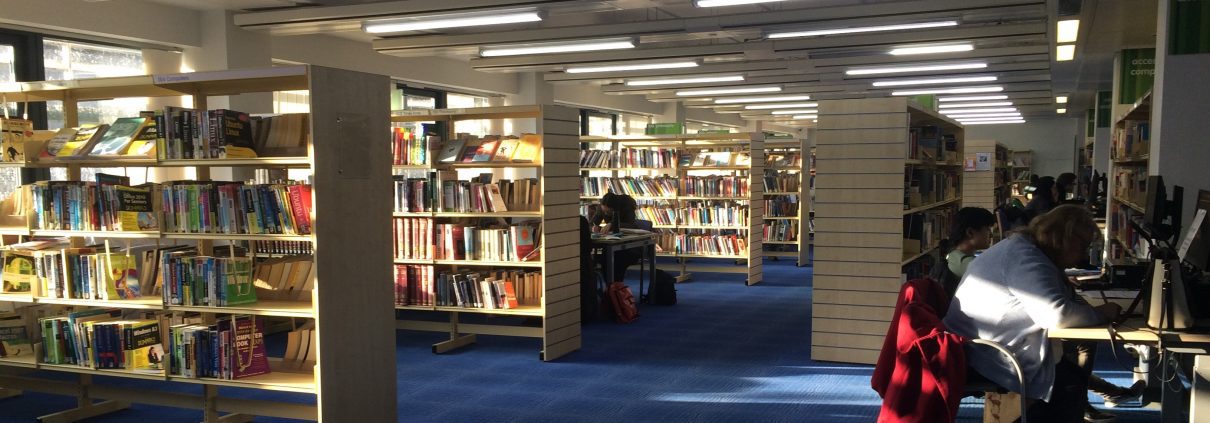
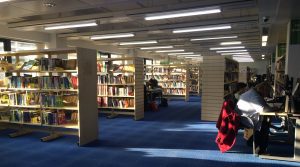
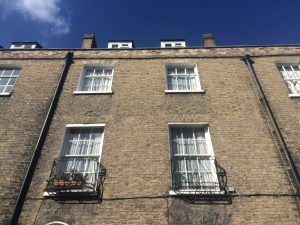


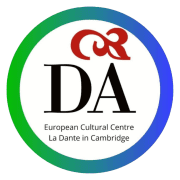



 MUSIC
MUSIC
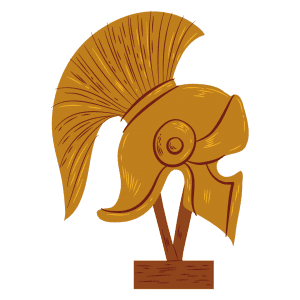 HISTORY
HISTORY



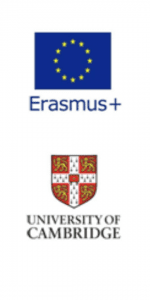




 are undeniable. People who speak more than one language have improved memory, problem-solving and critical-thinking skills, enhanced concentration, ability to multitask, and better listening skills. They switch between competing tasks and monitor changes in their environment more easily than monolinguals, as well as display signs of greater creativity and flexibility. If that weren’t enough, as we age, being bilingual or multilingual also helps to stave off mental aging and cognitive decline.
are undeniable. People who speak more than one language have improved memory, problem-solving and critical-thinking skills, enhanced concentration, ability to multitask, and better listening skills. They switch between competing tasks and monitor changes in their environment more easily than monolinguals, as well as display signs of greater creativity and flexibility. If that weren’t enough, as we age, being bilingual or multilingual also helps to stave off mental aging and cognitive decline.





 Enhance your career or study to improve your communication when you are abroad
Enhance your career or study to improve your communication when you are abroad